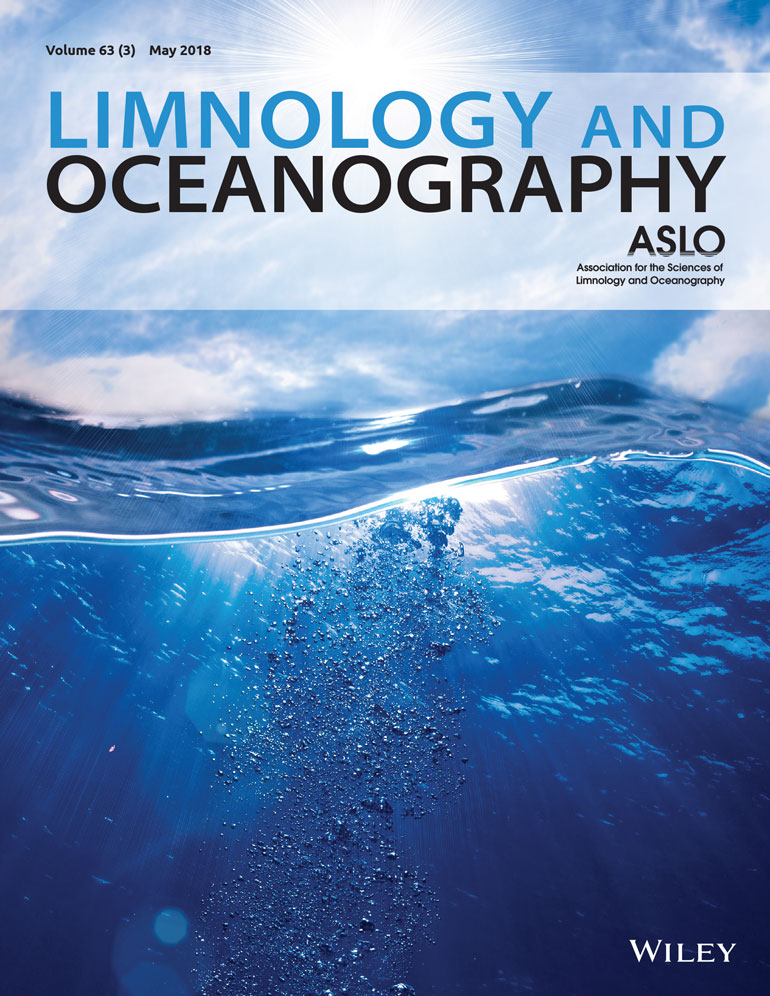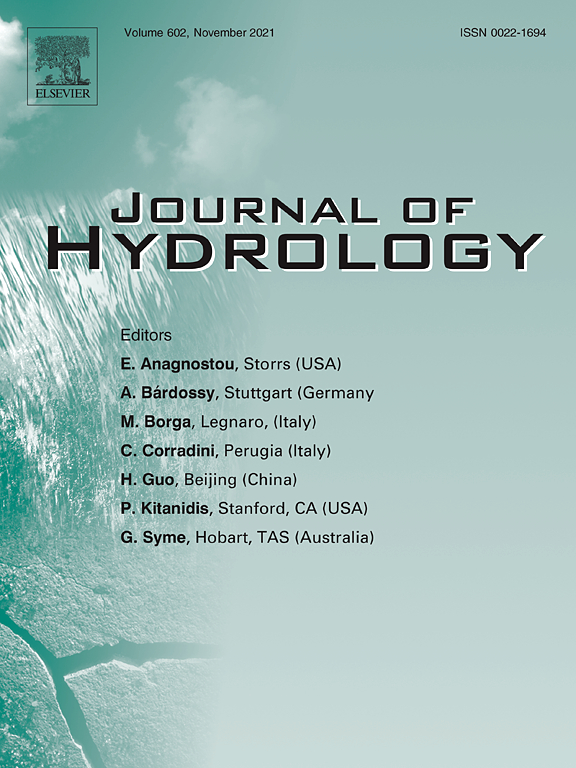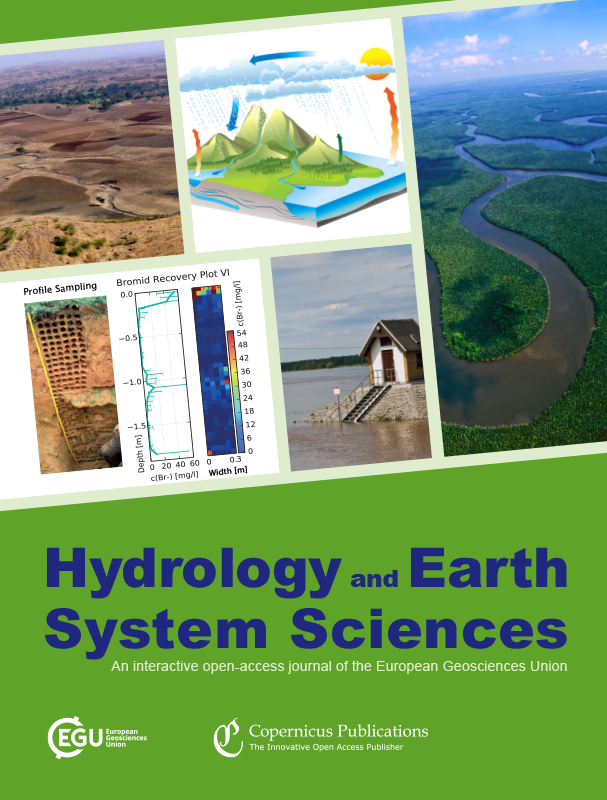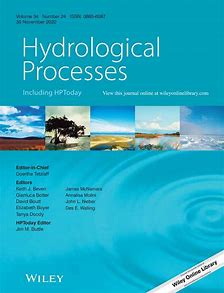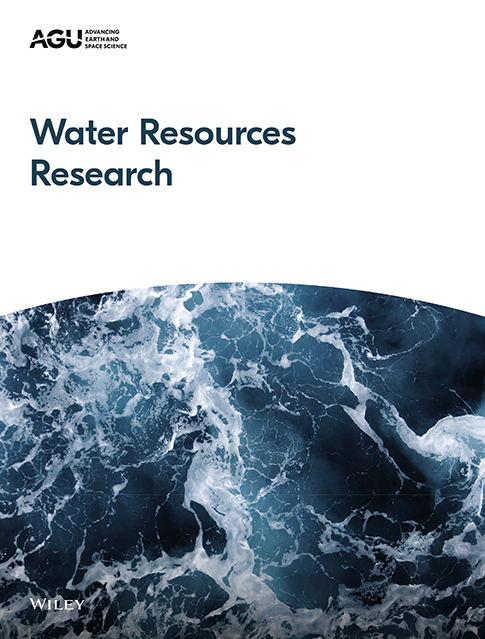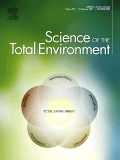- Department:(Dept. 1) Ecohydrology and Biogeochemistry
Carbon dioxide emissions across contrasting urban freshwater ecosystems
Stepwise tracer-based hydrograph separation to quantify contributions of multiple sources of streamflow in a large glacierized catchment over the Tibetan Plateau
The authors identified the sources of streamflow and their temporal dynamics in a glacierized catchment of the Tibetan Plateau using isotopic and geochemical signatures. They demonstrated that incorporation of high-resolution tracer data in an appropriate model structure can help resolve streamflow components and identify the dynamics of dominant recharge sources in cryosphere environments.

Variability of evapotranspiration fluxes affected by dry and wet year transitions in beech, pine and mixed stands in the lowland of northeast Germany
Consequences of the Aral Sea restoration for its present physical state: temperature, mixing, and oxygen regime
The Aral Sea is both an example of large-scale environmental degradation caused by human activity and a message of hope through its partial restoration. The field observations and model scenarios show that the restored part of the Aral Sea appears to be healthy in terms of vertical mixing and oxygenation, but small changes of water level or transparency could alter the entire ecosystem.
Urban Hydrological Connectivity and Response Patterns Across Timescales: An Integrated Time-Frequency Domain Analysis
The authors investigated the interconnections of rainfall, groundwater and stream flow in the Wuhle river in Berlin using autocorrelation, cross-correlation and time-frequency analyses of long-term data. Despite the strong influence of urban storm drainage, they showed a high degree of persistence of the groundwater signals.
Integral Modelling Approach for Hyporheic Exchange due to Porous Log Jams: Comparison With Experiments and Sensitivity Studies
Hydrological Connectivity Dominates NO3-N Cycling in Complex Landscapes – Insights From Integration of Isotopes and Water Quality Modeling
The authors integrated isotope-aided with N modelling to quantify the (dis)connection of different flow paths and related biogeochemical transformations, which is important for land and water management. Hydrological connectivity controls N transformations by regulating soil moisture and available NO3-N for processing from upstream inflows.
Assessing hydrological drought propagation through assimilation of GRACE for groundwater storage anomalies modelling in northeastern Mexico
Towards sustainable lake restoration
Understanding ecohydrology and biodiversity in aquatic nature-based solutions in urban streams and ponds through an integrative multi-tracer approach
The authors used stable water isotopes, hydrochemistry and eDNA in a novel, integrated tracer-approach to show how ecohydrological interactions and biodiversity in urban aquaNBS are influenced by urban water sources and connectivity. The direct linkages between hydrology and microbial patterns are highlighted, illustrating the sensitivity of aquaNBS to anthropogenic and climate influences.


